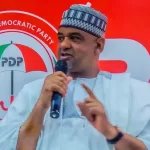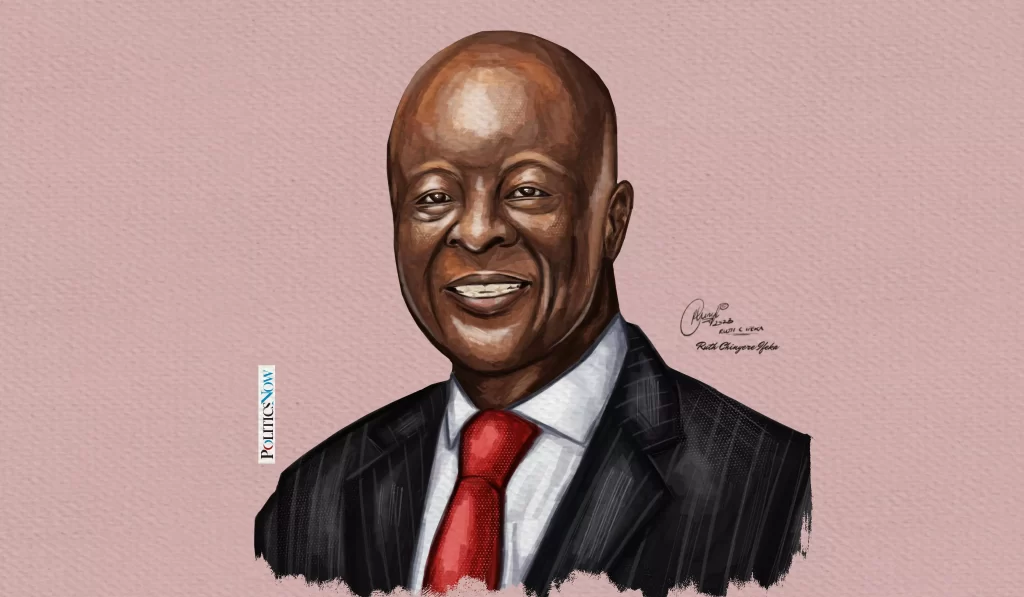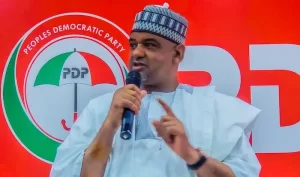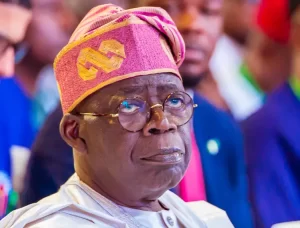FG takes steps to boost FX liquidity
The federal government has said it is working round the clock to ensure liquidity in the nation’s forex market. This is in addition to the two executive orders President Bola Tinubu recently signed.
Minister of finance and coordinating minister of the economy, Wale Edun, disclosed this yesterday during a panel session at the ongoing 29th Nigeria Economic Summit (#NES29) in Abuja.
He said, “Mr. President announced that he had taken measures to ease illiquidity in the forex market, which we know is very problematic at this time. The market is illiquid; it’s not functioning properly because there is no supply, and there are various reasons for that.
“The solution that the president has put on the table is that he has signed an executive order that effectively allows, under forbearance, all the cash that is in the domestic economy to legally come into the formal money supply.
“Along with that, there is another executive order that allows domestic issuance of foreign currency instruments so that they will have the incentive to provide that foreign exchange from whatever source.”
Economists and analysts say the move, described as part of efforts to boost supply of foreign exchange in the official market, if well implemented, could ensure that forex in cash that are not in productive use can be made more productive.
Commenting on this initiative, head, Financial Institutions Ratings at Agusto & Co, Ayokunle Olubunmi, said the government knows that there are some transactions being done in the unofficial channel and it’s trying to see how it can bring them into the banking system.
He said, “On the issuance of foreign currency instruments, they have been mentioning it before. What is presently obtainable now is that if a company wants to issue a dollar bond, it has to go outside Nigeria to raise the bond in the foreign market. And at times, the money may not be brought directly into the domestic economy. But if domestic foreign currency instruments such as bonds are allowed, the company raises the funds in the country, and it goes through the domestic bank. If you are authorised to issue those instruments in Nigeria, there is a high probability that that money will enter into the Nigerian financial system. Asides this, all the cash that people have and are kept under the bed and even the ones in domiciliary accounts can actually be put to productive use. So, the expectation is that it would bring out some cash into the official market.
“On the forbearance of cash into the formal system, it is a kind of amnesty for all the foreign exchange cash that is outside the banking system, even the ones that are questionable; to be brought into the official channel. This is because some of the transactions that are happening are being done in the unofficial channel. So, they are trying to see how they can bring it into the system. What is happening now is that it is not like we don’t have dollars. We have a lot of dollars in the system, but they are not active. Some of them are outside the financial system. A lot of people have dollars but they are keeping it under their beds.
“So, they are trying to look inward and see how to improve the official dollar supply in the economy. I think we will be getting more information as the weeks go by.”
He added that the government may have to relax some of the forex restrictions, like the $10,000 daily cash deposit limit.
A development economist, Peter Adewale yesterday said there is no doubt that Nigeria needs an urgent and innovative forex policy to address the current situation that will benefit all Nigerians.
He urged the Central Bank of Nigeria (CBN) to embrace full digitalisation of the forex market and eliminate cash-based transactions to decisively address the market’s supply-side and liquidity challenges. He also said it is equally vital to eliminate restrictions on domiciliary accounts.
Another financial expert, Umar Idris, said once the links between the foreign exchange and financial systems are fully digitalised, it becomes much simpler for individuals to voluntarily release hoarded dollars from domiciliary bank accounts to meet the high demand for dollars.
Meanwhile, the finance minister Wale Edun said the federal government was going to digitalise the foreign exchange market, make it attractive, and attract more forex that will serve as a buffer for the nation’s economy.
“There is a line of sight on $10 billion worth of inflow of foreign exchange in the relatively near future, in weeks rather than months,” Edun told a business conference.
“These measures taken as a whole and comprehensively should lead to the flow of foreign exchange,” Edun said at the summit.
President Tinubu, who was also at the summit yesterday, stated his administration’s commitment to addressing the existing foreign exchange future contracts backlog in a bid to restore investor confidence in the country’s FX reforms.
He said his government was determined to secure the required foreign exchange resources to revitalise the nation’s economy. (With additional report from Leadership).










More Stories
Tinubu sacks NNPCL CEO Mele Kyari, replaces him with ex-Shell MD, Ojulari
Customs commences implementation of zero tax on imported pharmaceutical inputs for two years
NNPC’s termination of Naira for crude deal with Dangote heightens FX demand, as Naira weakens